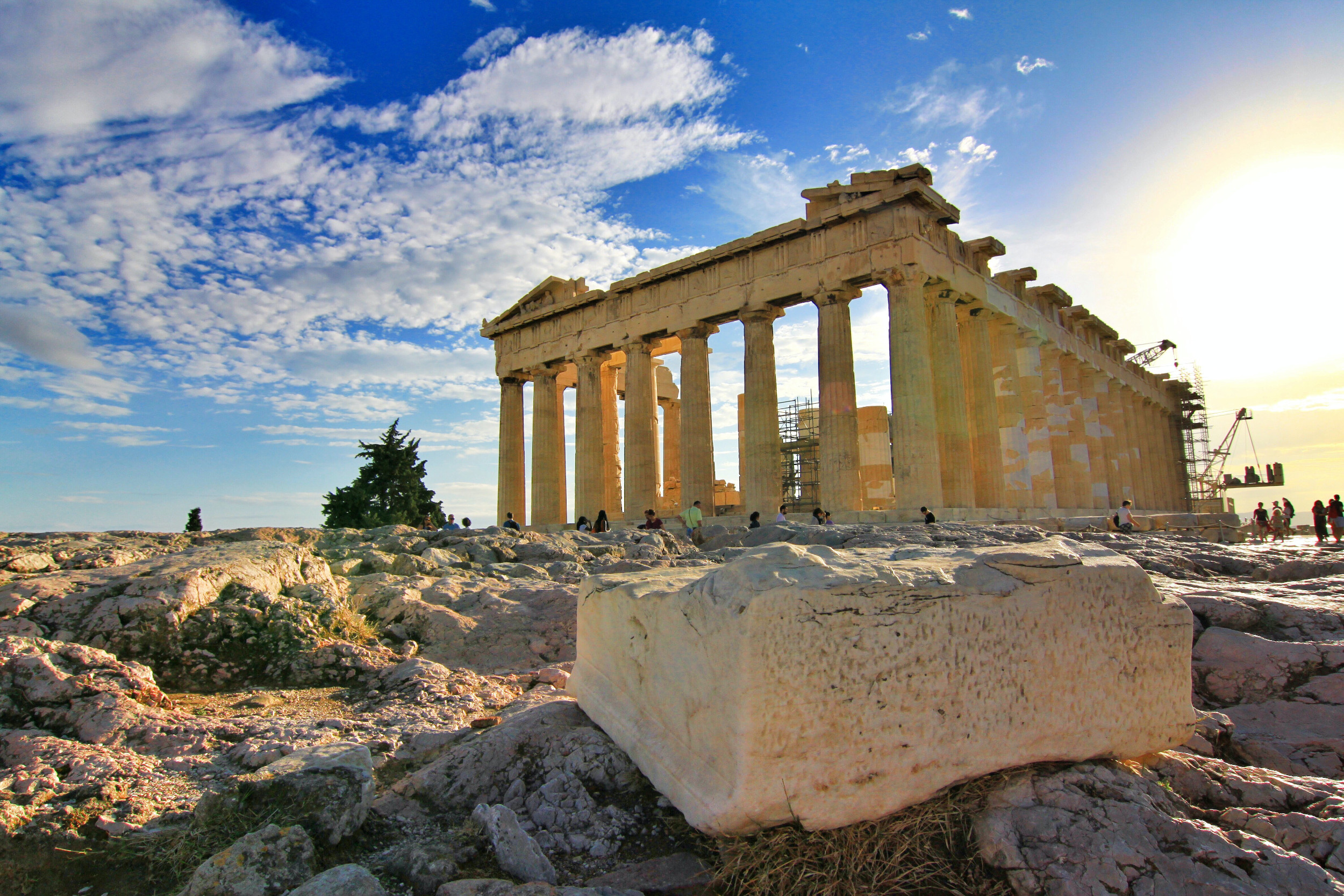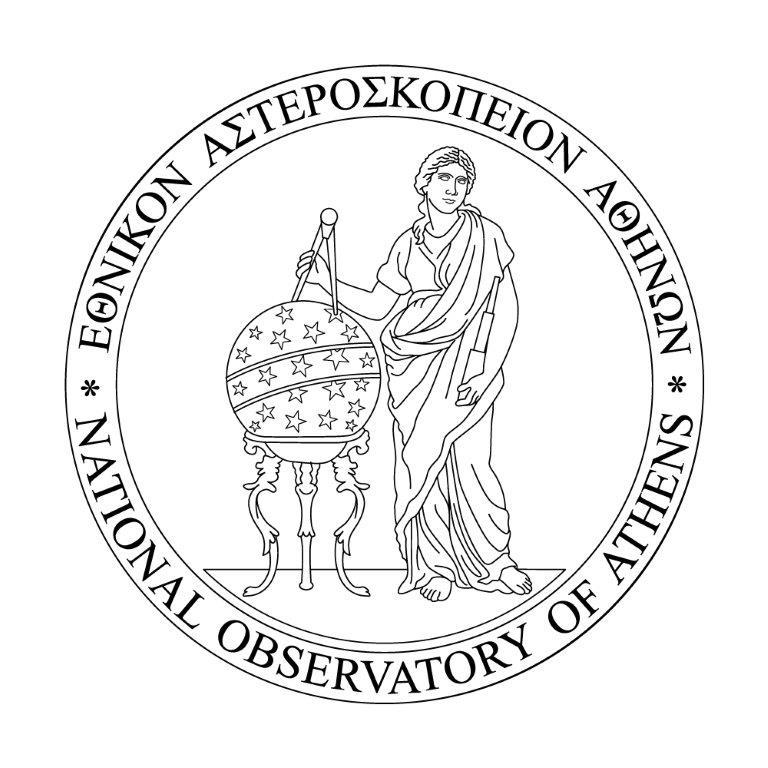
Open invitation by GEO Member Greece in collaboration with UNESCO
The Group on Earth Observations is announcing an initial, open invitation to gauge the interest and support of the GEO community to propose a Community Activity, incorporating urban cultural heritage aspects into the 2020-2022 Work Programme, in cooperation with the United Nations Educational, Scientific and Cultural Organization (UNESCO).
As a follow up to the Greek statement that was delivered during the “Action on Climate Change” Session at GEO Week GEO-XVI Plenary in Canberra in November 2019, this proposed Community Activity will draw on the GEO community’s rich expertise to realize the untapped potential of Earth observations to monitor and enable specific mitigation and adaptation strategies to shield urban cultural heritage from climate change risks.
All three GEO priority engagement areas, i.e. the Paris Agreement on Climate Change, the Sendai Framework for Disaster Risk Reduction and the UN 2030 Agenda for Sustainable Development, will be addressed, allowing for an integrated Earth observation-based effort to create a better future by protecting our past. Furthermore, the activity will support the implementation of the fourth GEO engagement priority under development, the New Urban Agenda, adopted at the United Nations Conference on Housing and Sustainable Urban Development (Habitat III) in 2016 aimed at bolstering the global commitment to sustainable urbanization where World Heritage Cities play a crucial role.
Climate change impacts on world heritage
For millennia, people have engaged with cultural landscapes, archaeological sites, historic townscapes, buildings and associated intangible values, allowing for past lessons to be preserved and provide future generations a sense of belonging. The protection of heritage sites, whether of local, national or universal value, is globally recognized through organizations such as UNESCO and its 1972 Convention Concerning the Protection of the World Cultural and Natural Heritage (the “World Heritage Convention”), which provide an authoritative framework to monitor and manage the properties inscribed on the World Heritage List. The UNESCO World Heritage framework also provides a number of programmes, addressing specific challenges including World Heritage Cities.
Climate change is one of the most critical issues of our time, and its impact on both cultural and natural World Heritage is more evident than ever. From the wildfires in Australia to the flooding of Venice, heritage is affected by climate change in every corner of the globe. Cultural heritage sites and their local communities are threatened by increasing fires, floods, droughts, disease, food insecurity, while the uprooting of communities due to climate change is putting entire ways of life at risk, including the practices and transmission of intangible cultural heritage often related to heritage places. The loss and damage to urban heritage, may deprive local communities who live in and around them of their abilities to access and use the sites as has been their practice, as well as their abilities to care for the sites and maintain them according to their traditional practice.
The impact of climate change on our cultural heritage is not only physical, but also social and economic. Loss and damage to World Heritage properties also impact future generations. Without urgent and substantial action, including in the Least Developed Countries (LDCs), the Small Islands Developing States (SIDS) and Africa, which is a strategic priority at UNESCO, they could lead to irreversible damage and undermine the ties between heritage sites and future generations, while heritage is an important asset for identity as well as social development and livelihood. Furthermore, World Heritage properties serve as climate change observatories to gather and share information on applied and tested monitoring, mitigation and adaptation practices. Historic towns that were densely built with a mix of commercial and residential uses and often pedestrian, also serve as models for developing mitigation/adaptation solutions.
UNESCO has been at the forefront of exploring and managing the impacts of climate change on World Heritage. In 2006, under the guidance of the World Heritage Committee, it prepared a report on Predicting and Managing the Effects of Climate Change on World Heritage (2007), followed by a compilation of Case Studies on Climate Change and World Heritage, and a Policy Document on the Impacts of Climate Change on World Heritage Properties in 2008. In 2014, it published a practical guide to Climate Change Adaptation for Natural World Heritage Sites and continues to build the capacity of site managers to deal with climate change. Moreover, the World Heritage Centre is in the process of updating its Policy Document on the impacts of climate change on World Heritage properties to be presented to the 44th session of the World Heritage Committee. The International Council on Monuments and Sites (ICOMOS), an Advisory Body to the World Heritage Committee, maintains a Working Group on Climate Change and Heritage, and while their main focus is to bolster the link between cultural heritage and climate change, they have identified a need to adjust and update methodologies surrounding heritage practices. The UNESCO 2011 Recommendation on the Historic Urban Landscape is another important framework to integrate heritage conservation with sustainable development.
Other global impact frames can also be used to coordinate efforts towards protecting cultural heritage assets from climate change, e.g. the UN Sustainable Development Agenda through SDG 13 to “combat climate change in all its aspects” and SDG 11 “make cities and human settlements inclusive, safe, resilient and sustainable” with its Target 11.4 to “strengthen efforts to protect and safeguard the world’s cultural and natural heritage” among others. The UNESCO Culture|2030 Indicators launched in 2019 during the UNESCO General Conference and the Forum of Ministers of Culture, includes a specific indicator to measure the role and contribution of culture in climate adaptation and resilience.[1] The Culture|2030 Indicators is a framework of thematic indicators whose purpose is to measure and monitor the progress of culture’s enabling contribution to the national and local implementation of the Goals and Targets of the 2030 Agenda for Sustainable Development.
Earth observation offers a widespread means to continuously monitor and standardize practices around climate change risk to cultural heritage. Especially in World Heritage Cities, it can accelerate and improve the provision of documentary evidence of cultural heritage engaging multiple disciplines and building upon systems and frameworks already in place. Satellite imagery combined with in situ data has been noted as extremely useful for monitoring and managing sites, as well as for change detection analysis, and disaster monitoring and risk assessment (both pre and post), although gaps remain in heritage sites geographical coordinates collection and integration and usability of products for stakeholders. Monitoring for damaging elements to buildings, cities and cultural complexes can be provided with capacity building components in favour of experts. The above are well documented in the study “Copernicus services in support to Cultural Heritage” in which the Copernicus Programme highlighted the great potential for using Earth observation data for cultural heritage preservation, monitoring and management.
How to participate
To express your initial interest in the proposed Community Activity: Earth Observations for Climate Change Impacts on World Heritage Cities, please contact Evangelos Gerasopoulos (This email address is being protected from spambots. You need JavaScript enabled to view it.) and Kyriakos Romios (This email address is being protected from spambots. You need JavaScript enabled to view it.) from the Greek GEO Office by July 31, 2020. Please use this form for your expression of interest.


